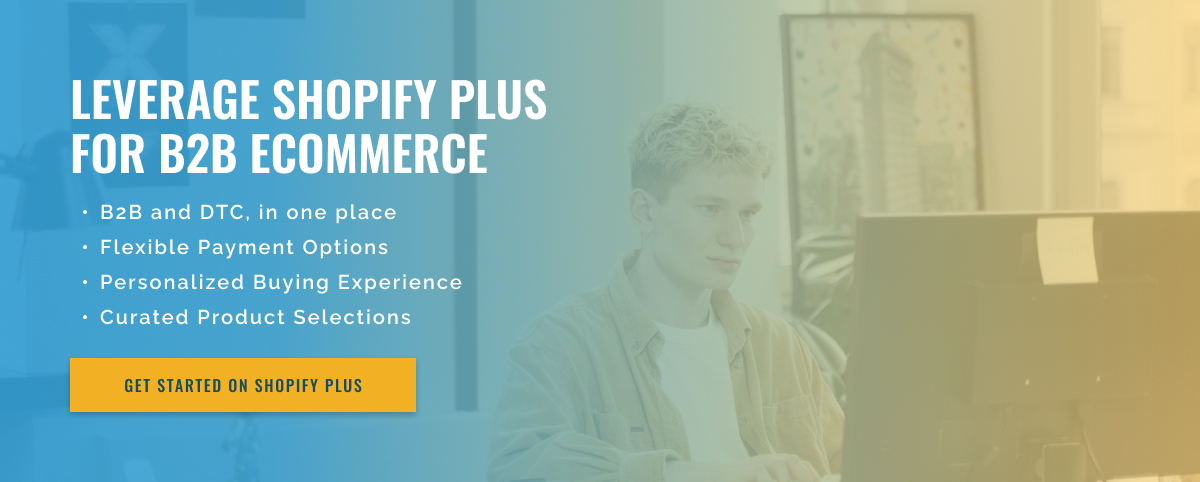3 minute read
Streamlining Shopify Procurement for B2B Businesses
In today’s technology-driven world, many companies are turning to eCommerce platforms to manage their operations and streamline processes. Shopify, one of the leading eCommerce platforms, has become a popular choice for both B2C and B2B companies. While most people associate Shopify with B2C transactions, the platform also offers several options to meet the unique needs of B2B companies. In this blog, we explore the various options Shopify offers to streamline the purchasing process for B2B businesses.
1. Custom Pricing and Discounts: One of the biggest challenges for B2B companies is managing pricing for their customers because they often charge different prices for different customers. Shopify allows B2B companies to create multiple pricing tiers for their customers based on sales volume, loyalty, or other criteria. Thanks to this, companies can offer their customers personalized prices and discounts, making the purchasing process more efficient and effective.
2. Wholesale Channel: Shopify’s Wholesale Channel is specifically designed for B2B businesses, making it easier for them to sell to other businesses. This channel allows companies to create a separate storefront with a different URL, specifically aimed at B2B customers. This way, B2B customers can easily browse and purchase products in bulk using a streamlined checkout process designed with wholesale transactions in mind.
3. Bulk Order Processing: B2B companies often receive bulk orders, which can be time-consuming to process individually. Shopify allows businesses to use bulk order fulfillment to fulfill multiple orders at once. This feature allows you to filter and process orders by date, product, or customer, reducing the time and effort spent on fulfilling bulk orders.
4. Automatic billing and payment options: Manually creating and sending invoices for each order can be a tedious and time-consuming task. Shopify allows businesses to automate this process with apps that automatically generate and send invoices. This not only saves time, but also reduces the risk of manual errors. Shopify also offers several payment options, including third-party providers, to make it easier for B2B businesses to receive payments from their customers.
5. Intuitive inventory management: Effective inventory management is crucial for B2B companies because they often have to manage a large number of products and their varieties. Shopify’s inventory management system allows businesses to track and manage inventory in real time, ensuring they have the right products in stock to fulfill orders on time.

